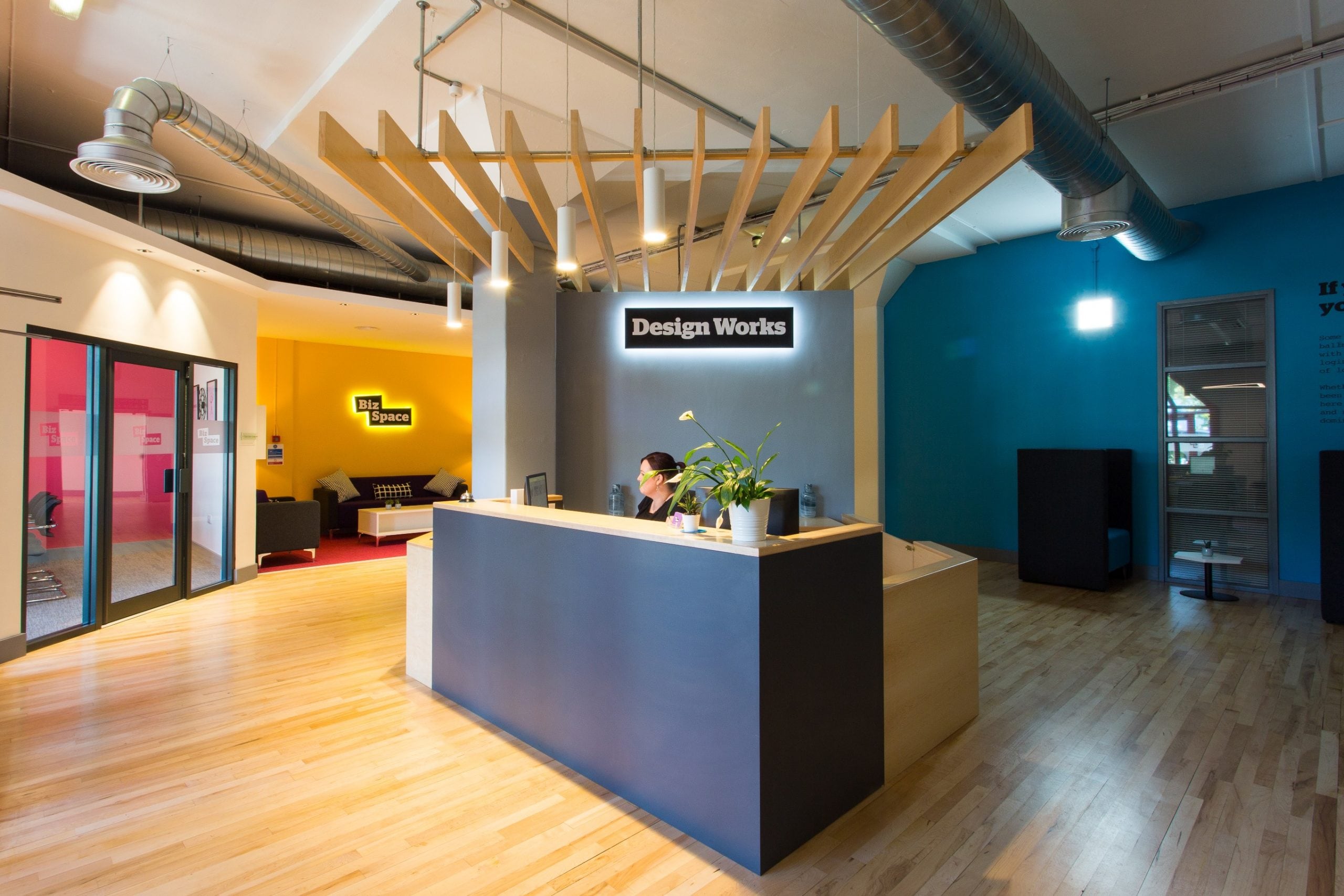
How flexible office providers can take businesses from fledging to flourishing
In the third of our series of articles highlighting the role the flexible workspace industry plays in supporting the growth of businesses, and by extension the UK economy, we hear from Emma Long. Emma is Commercial Director at BizSpace, a Flexible Space Association member operating at over 100 locations. She shares some of the business success stories going on in BizSpace buildings across the UK, and the role BizSpace is playing in that.
This year, property portal, Office Freedom, reported that flexible workspace providers are experiencing a faster than average growth compared to traditional commercial property rentals, with new flexible workspaces in central London growing by 42% in 2018.
Undoubtedly, demand for flexible workspace is on the rise and, as more people go self-employed or start their own business, this demand is set only to increase.
The explosive growth we have seen in the flexible workspace sector is linked to increases in numbers of small businesses and people choosing to work for themselves. According to the latest figures from the Office for National Statistics, the number of self-employed people in the UK increased from 3.3 million people in 2001 to just under 5 million in 2019, reflecting more than 15% of the labour force.
Meanwhile, SMEs account for 99% of the UK’s private sector, and a remarkable 660,000 new companies are registered in the UK every year.
Certainly, it is exciting to see growth in the numbers of small and micro businesses, which make up the vast majority of BizSpace’s clients. But with so many small businesses entering the market, a one-size-fits-all approach to flexible workspace is no longer sufficient. Small businesses may be the backbone of our economy, but they are also vulnerable. With the flexible workspace sector booming – and larger companies increasingly favouring flexible space too – providers must support their small-business clients, working alongside them to help them thrive.
For instance, at BizSpace, we partnered with Advantage Business Partners to develop a two-year training programme for our management team. The programme has empowered regional managers to mentor BizSpace’s customers, like Chris Marsden, who recently thanked the BizSpace team for providing guidance during his first year of business. We supported Chris in the creation of his social media accounts, which he now uses to advertise and sell his products. Through social media, Chris has managed to expand into new markets.
Furthermore, by sharing knowledge, flexible office providers can help SMEs and start-ups develop. We regularly hold training events at our centres, helping to guide local businesses. For example, ‘Let’s do Bizness’, which took place at The Pentagon Centre in May, featured a presentation from Grant Wilson, Glasgow City Council’s Business Advisor. The event was a chance for entrepreneurs to speak to experts, source advice, and meet other like-minded people.
Similarly, we partnered with Enterprise Nation, a network of small businesses and business advisers that helps SMEs to start and grow. BizSpace members receive 12 months’ free membership to Enterprise Nation, with access to a library of business resources, advice from expert consultants, connections with journalists, buyers and funders, and exclusive discounts and cut-price entry to events. Access to this sort of tailored advice gives SMEs a strong jumping off point for business success.
Of course, by offering short-term flexible contracts, providers like BizSpace go a long way to helping businesses off the ground. Damian, one of our Manchester customers, said, “I signed up on flexible terms with BizSpace… It was a relief to know I wasn’t tied in for years and it gave me the courage to really give my business a go.”
But is this enough? By working alongside small and micro businesses, flexible workspace providers can facilitate growth, helping businesses go from fledgling to flourishing. In December, BizSpace customer, Smart Freight, wanted to double its workforce, having received some investment. Rather than go through the upheaval of a move, Smart Freight was able to stay put: we were glad to accommodate the growing company, knocking down walls to make space for its new members of staff, and helping with interior design, allowing Smart Freight to use its own branding for a distinctive, personalised workspace.
Undoubtedly, the flexible workspace sector is thriving, fuelled by growing numbers of small and micro businesses. But to sustain this growth, providers of flexible workspaces must go the extra mile and work collaboratively with their clients to strengthen the UK’s small business community.
9 September 2019
Return to News Page

